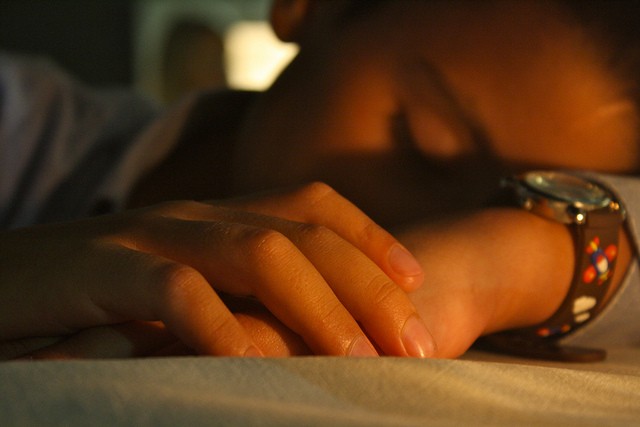
Being glued to various electronic devices throughout the day can affect quality of sleep in teens, suggests a new study.
The study looked at 9,846 teens aged between 16 and 19, enrolled in the youth@hordaland survey in Norway.
Mari Hysing and collegues from the Uni Research Health in Norway recorded total daily screen time among the participants by calculating the total time they spent on smartphones, mp3 players, gaming consoles, TVs and tablets.
The data provided details about the adolescents' sleep routine, including their bedtime, duration of sleep each participant needed to get proper rest and the total time they took to fall asleep.
Boys spent their time on gaming consoles or computers while girls were more into mp3 players, smartphones and online chatting.
Researchers found that participants who used any electronic device during the day and before bedtime experienced a 60-minute delay in falling asleep.
"Extensive use of these devices was significantly and positively associated with long sleep onset latency and sleep deficit, with an inverse dose-response relationship between sleep duration and media use," the researchers, said in a news release.
Using the modern devices for just four hours a day increased the risk of experiencing long sleep onset latency (the time one takes to fall asleep) by 49%.
Similarly, screen time that lasted more than two hours after the school led to longer sleep latency and shorter sleep duration.
Teens, who needed at least eight to nine hours sleep at night, slept less than five hours after they spent two to four hours in front of any electronic devices.
Use of computers was directly associated with shortened sleep duration in the teens.
"The electronic devices may also interfere with sleep through increased psychophysiological arousal", said psychologist and researcher Hysing.
Findings of the study have been reported in the BMJ Open.
















